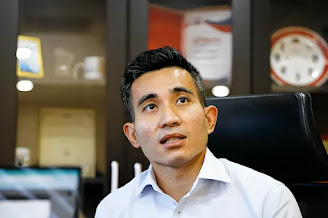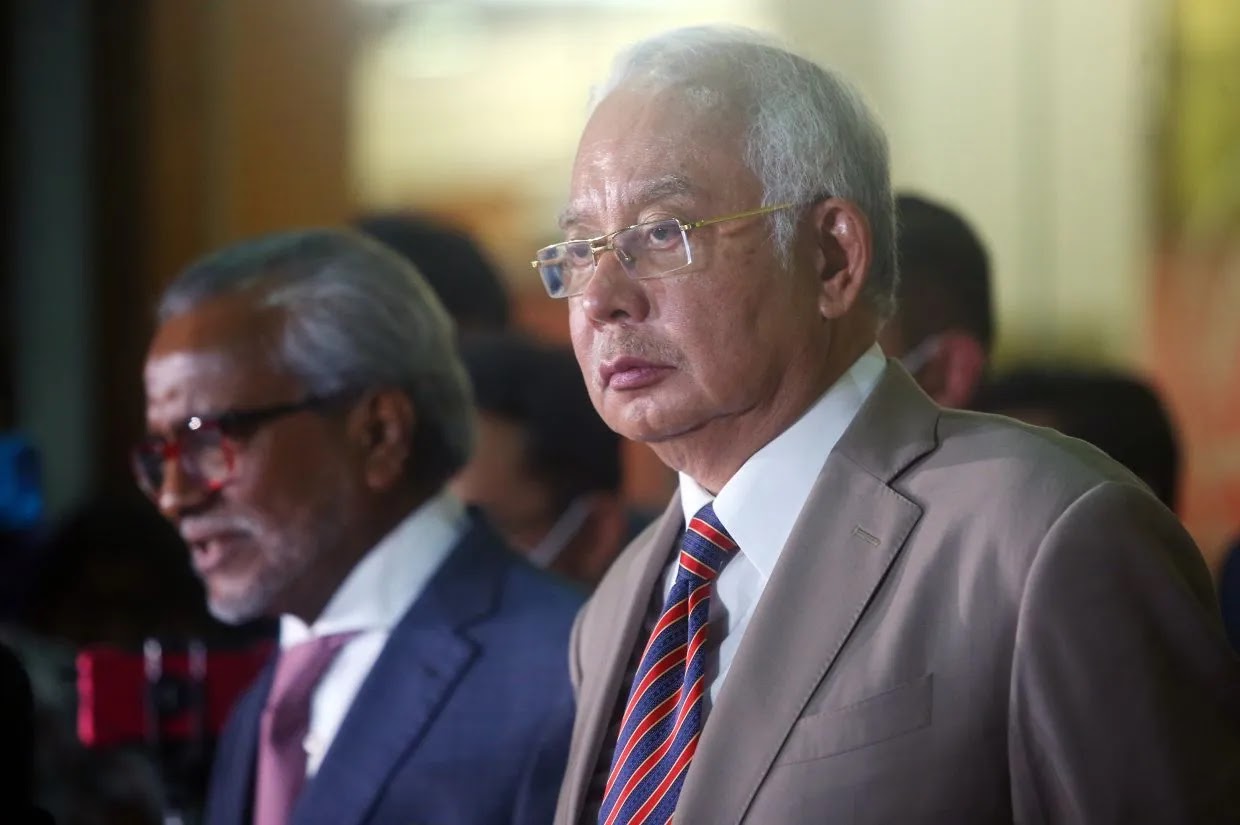Singapore’s export-reliant bellwether economy is bracing for tough times in 2023 with trade expected to shrink or record no growth amid weakening global demand, tighter liquidity and persistent inflation. Accordingly, many economists foresee a possible technical recession in the first half of next year.
Though the Ministry of Trade and Industry (MTI) does not forecast a recession in its baseline scenario, official 2023 projections show gross domestic product (GDP) growth petering to a slow crawl of anywhere between 0.5% and 2.5%. Growth prospects are brightest for tourism and consumer sectors but it remains unclear whether falling export demand can be sufficiently offset.
Singapore’s key non-oil domestic exports, or NODX, which range from petrochemicals and pharmaceuticals to semiconductors and other electronics, tumbled 14.6% year-on-year in November, marking the second consecutive decline following a 6.1% contraction in October. Flagging orders from Hong Kong and China were the largest contributors to the fall.
Beijing eased many of its strict “zero-Covid” rules earlier this month in a policy U-turn following widespread protests, but its reopening has since been complicated by the unchecked spread of the virus and overwhelmed health services. Nonetheless, the potential for a Chinese economic rebound could help Singapore to outperform its downbeat official growth forecast.
Read the full story at Asia Times.
Nile Bowie is a journalist and correspondent with the Asia Times covering current affairs in Singapore and Malaysia. He can be reached at nilebowie@gmail.com.























